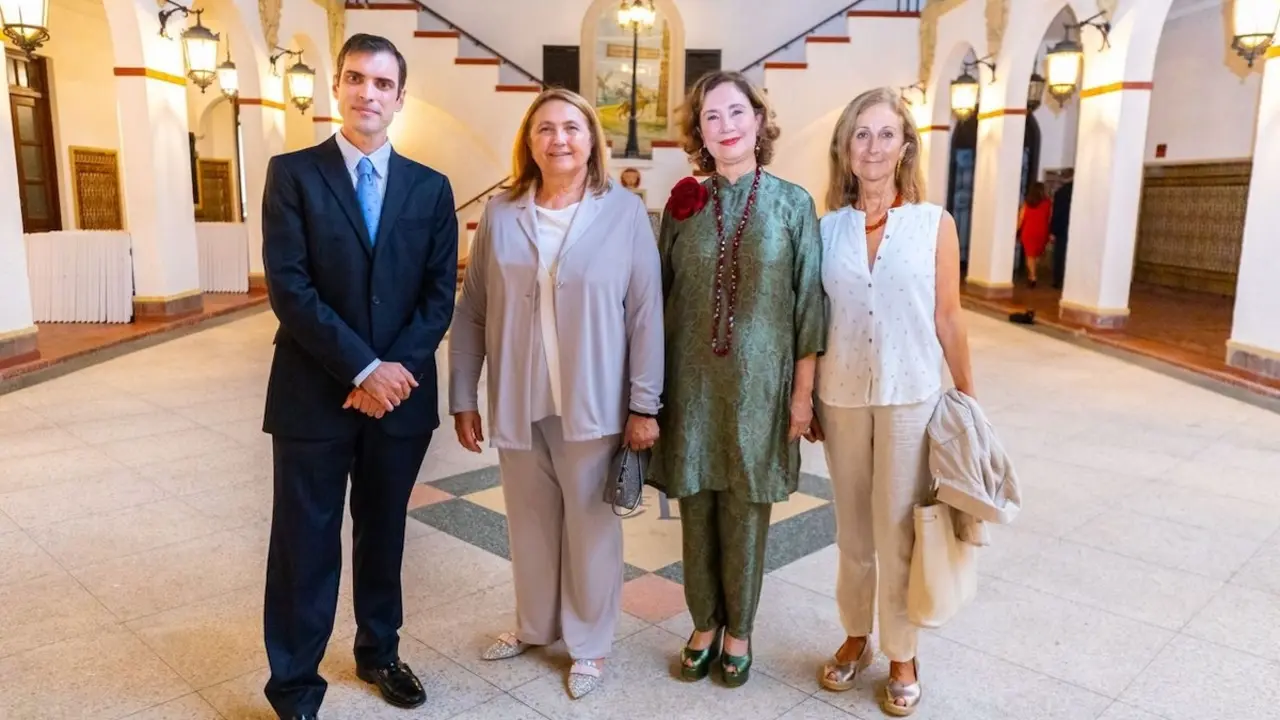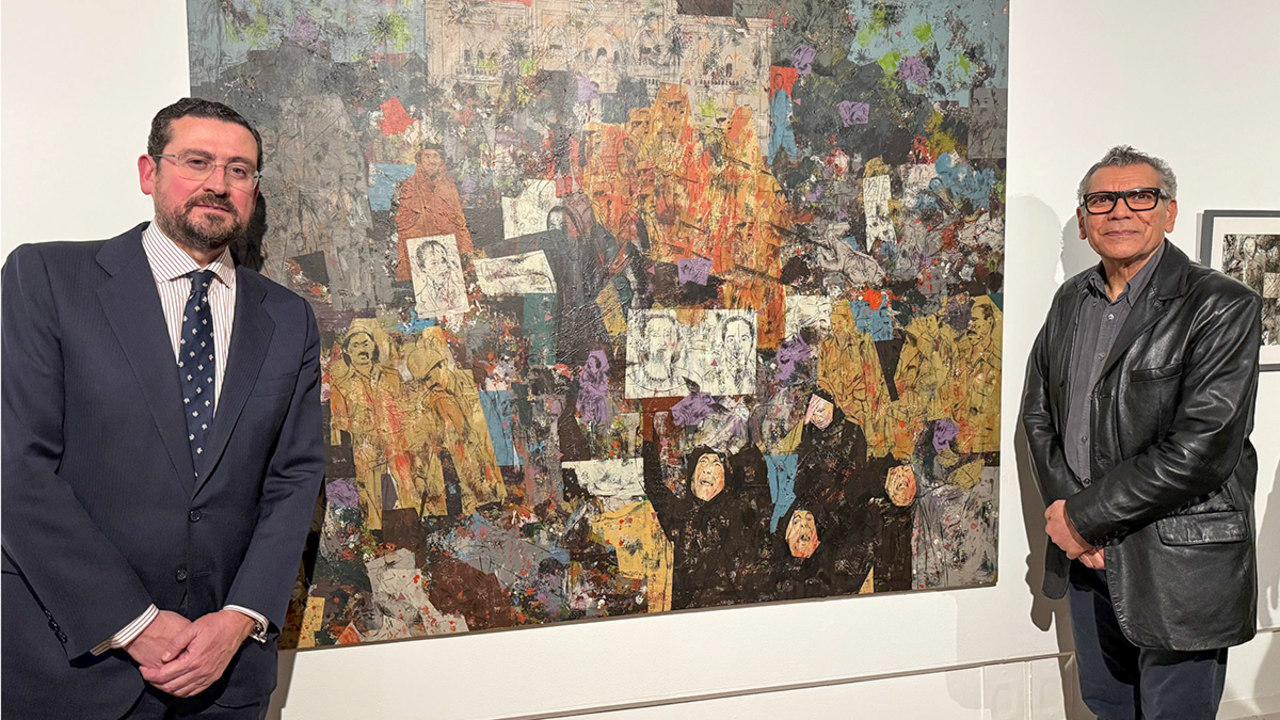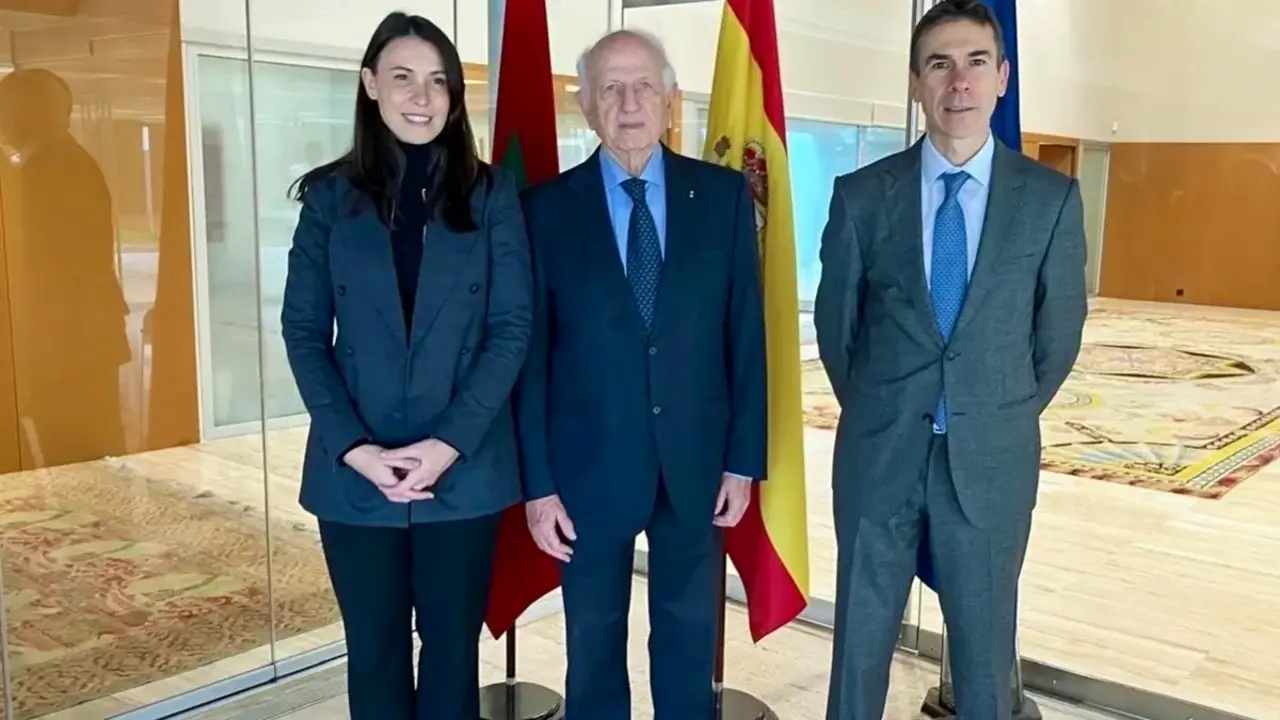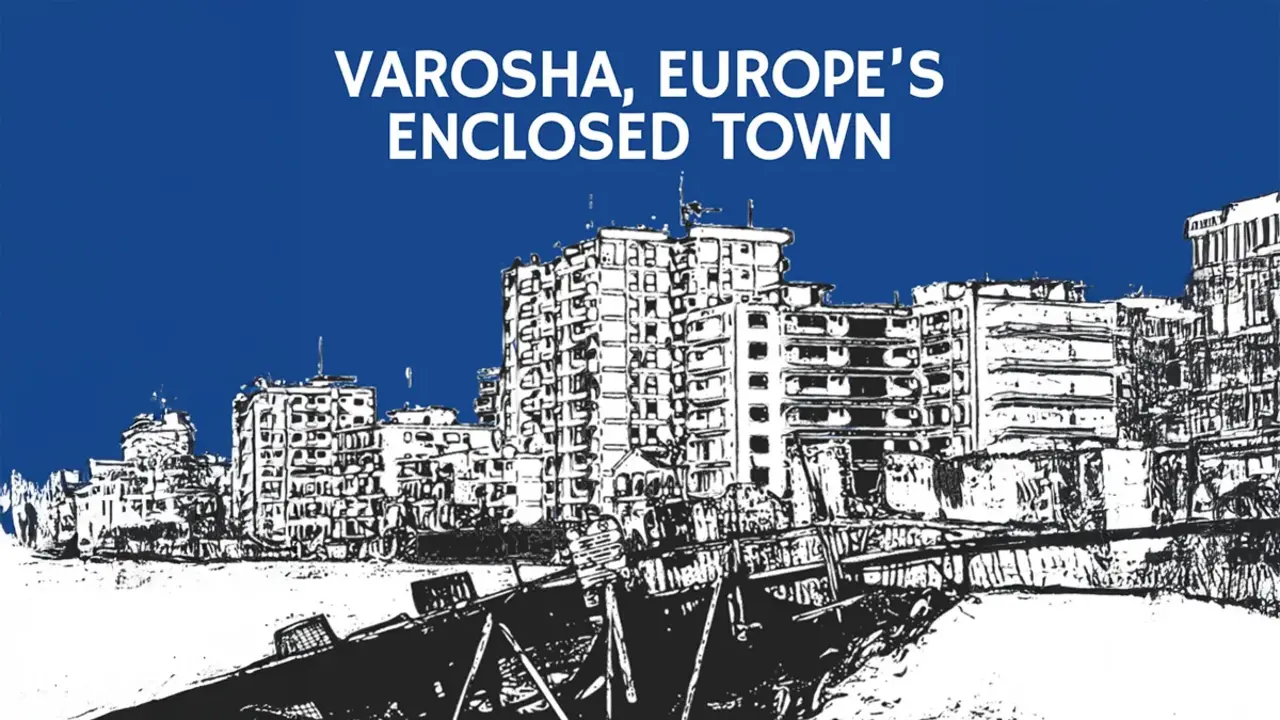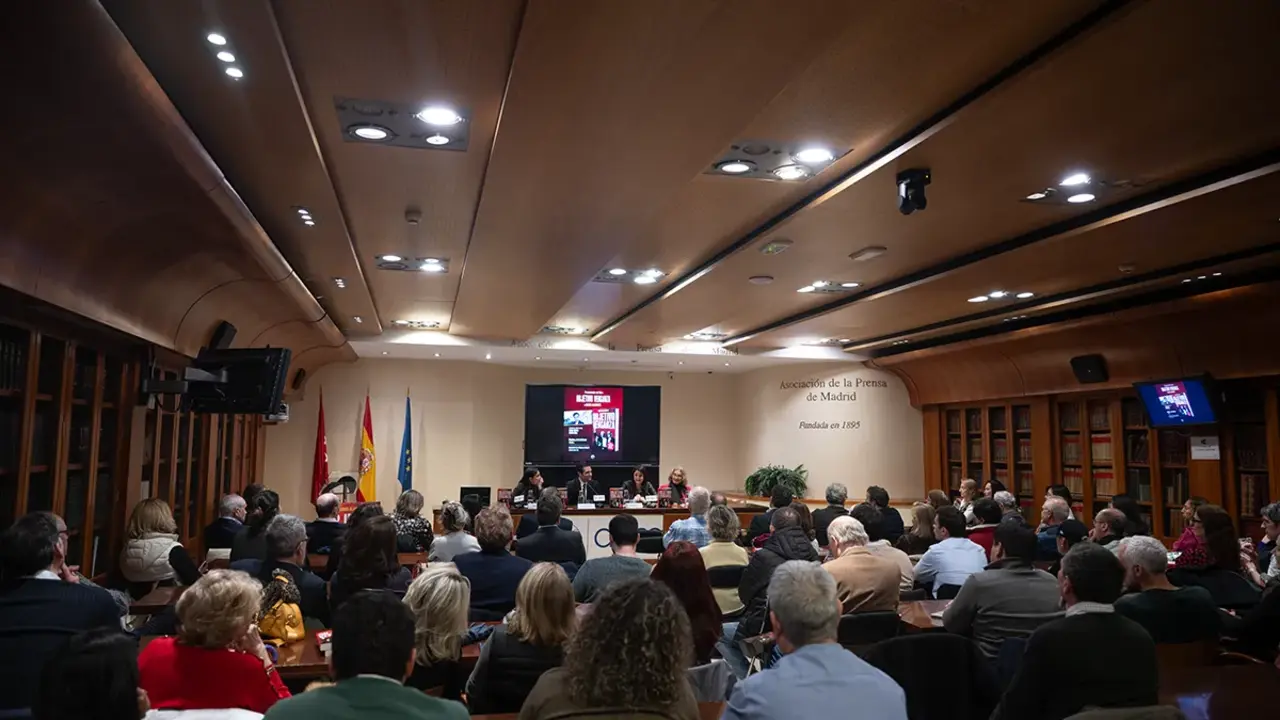"Mali's decentralisation is not because of the jihad, but because of its criminal economy"

Despite the war in Ukraine and many other active conflicts around the world, the Sahel continues to be a region that needs to be followed and analysed in depth. This vast area is experiencing a dangerous rise of armed groups that pose a great threat to the African continent, as well as to Europe. In fact, the IEEE (Spanish Institute for Strategic Studies) has defined the Sahel as the greatest threat to our country in 2023.
With the aim of shedding light on the Sahel and its challenges, Spanish journalist and researcher Beatriz Mesa has written a book in which she meticulously analyses this complex African region in depth. 'Armed groups in the Sahel: conflict and criminal economy in northern Mali' helps us to better understand the situation in the area and the key actors in the region.

José Segura Clavell, director of Casa África, defined the work as "a colossal book", highlighting "Beatriz's rigour as a journalist and researcher". Mesa has gathered information from the field despite the insecurity and dangers of the area and has maintained contact with the local people in order to subsequently report with rigour and seriousness.

The book has a strong academic character and steers clear of populist descriptions. As a journalist, Mesa strives to understand and delve deeper into the socio-economic roots. The researcher argues that, more than jihadism, the key to the region is the economy and drug trafficking.

"Without disregarding the ideological aspect, it is already shared that the main problems are the criminal economy and the lack of economic expectations," says Segura Clavell. "Citizens are captured by jihadists without the need to allude to religion," he adds.
Mesa's opinion coincides with a UNDP report in which, through interviews with former recruits, the UN agency reveals that local violent extremism is strongly linked to state violence and socio-economic problems. "They join terrorist groups because of a lack of opportunities, because of dissatisfaction with the government," Segura Clavell says based on the report. "The search for employment overrides religious ideology to join jihadist groups," he stresses.

The Sahel is currently one of the main hotspots of violence in the world. According to data collected by Casa África, half of the world's terrorism is concentrated in the African region, which has already replaced the Middle East as the epicentre of terrorism. "Incidents of this type have increased by 2000% in the last 16 years," says the director of Casa África.
Alberto Virella, Spain's Ambassador-at-Large for the Africa Plan and former Spanish ambassador to Senegal praised Mesa's work, stressing that the knowledge offered by the book is necessary to combat prejudices.

The journalist, who began working in the field in 2007, recalls the lack of information that existed about the region. "The data referred to migratory flows. We were looking at the Sahel from a migratory point of view, we didn't imagine what is happening now," she explains. Mesa also refers to several kidnappings in the area, which prompted him to investigate the region and the growing violence. This was followed by the Arab-Tuareg rebellions in Asawad and independence movements in northern Mali.
The famous crisis of 2012 is projected as a jihadist threat, but the truth is that this problem went deeper. Mali has faced numerous internal insurgencies with independence aspirations dating back to pre-colonial times.

In this regard, Mesa stresses that there are other important factors to take into account, not just jihadism. She highlights, for example, the criminal economy, illegal trafficking and intra-Sahelian violence. "The decentralisation of Mali is not because of jihad, but because of its criminal economy", she points out.
She also believes that "you cannot understand Mali and the north of the country without understanding its tribes. You have to go into detail". Mesa explains that each territory has had its own owner for decades, but that now, with the criminal economy, a new generation of rich people is emerging who are trying to displace the old elites. For the journalist, it is key to "deconstruct part of the simplistic and reductionist narrative" that has predominated for years.

Mesa also refers to the French intervention through Operation Barhkane, a mission that, in the words of Mesa and many other analysts, has failed. "The operation has not restored Mali's territorial integrity, but has succeeded in getting armed secessionist groups to settle in the north, turning Asawad into a parallel state". She also stresses that the operation has resulted in less security and more armed groups.

For these reasons, she suggests other working methods for the Sahel. "Diplomacy, security management, political negotiation, recovery of agreements".

